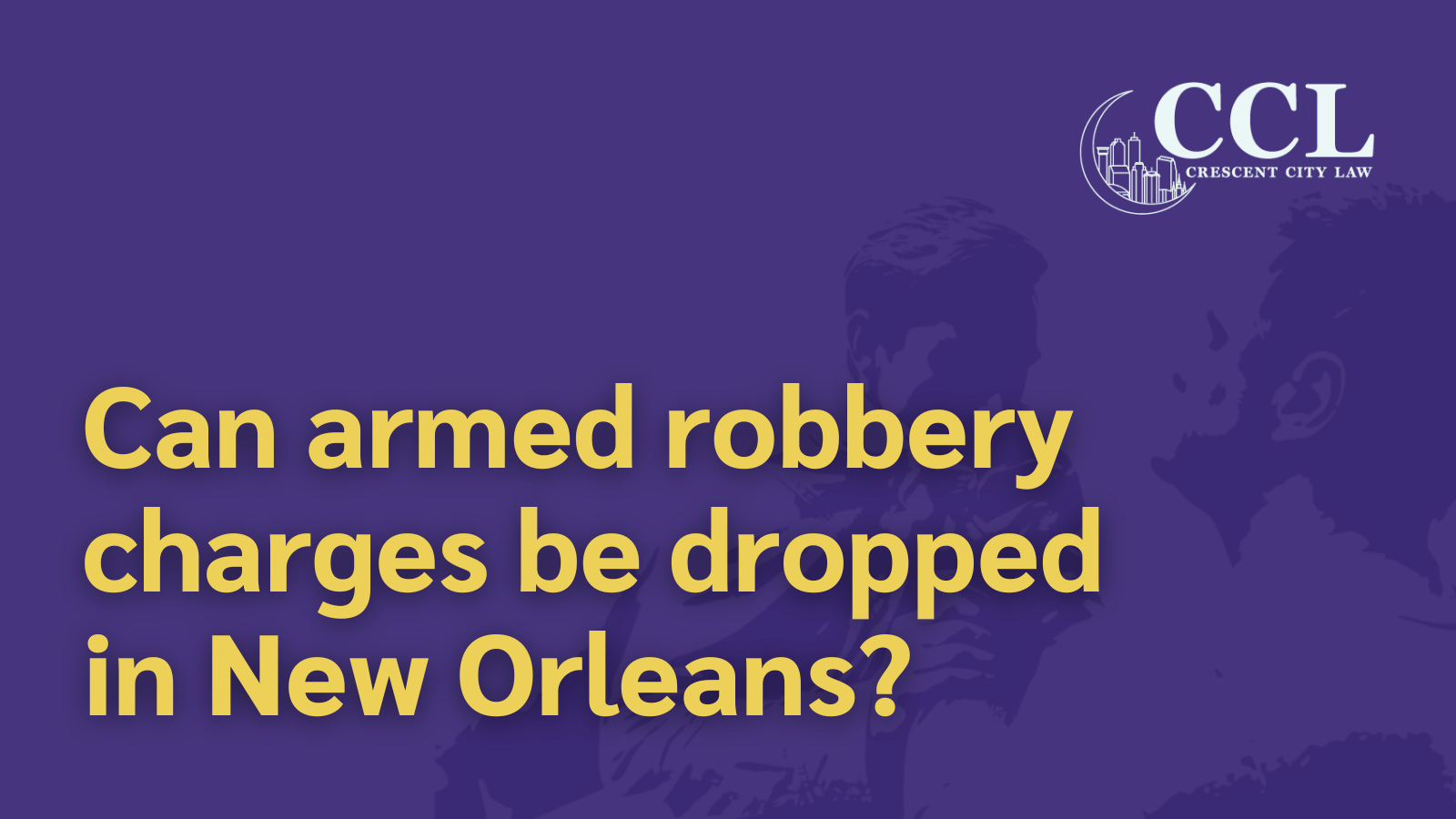In Louisiana, getting charged with domestic abuse battery means potential jail time and fines. Due to the nature of domestic violence, law enforcement officials often arrest an accused even before a proper investigation is done.
In addition to fines and jail time, you could lose access to your children, lose your job, and potentially lose many other important relationships. You may already feel anxious and alone. It’s imperative to hire a dedicated New Orleans defense lawyer like John Radziewicz if you’ve been charged with domestic abuse battery – particularly because it can never be expunged.
Crescent City Law stays up to date on changes in domestic violence law and works constantly to protect your rights. In the past few years, several new domestic violence bills were signed into law in Louisiana. This blog explains what they are and what they may mean for your case.
Updated Louisiana domestic violence laws
In the past decade, several new bills were passed and signed into Louisiana law:
1. Gwen’s Law
Gwen’s Law took effect in 2017. The law is names after Gwen Salley, whose husband shot and killed both Gwen and himself in 2014 after bonding out of prison for threatening her with a gun, despite the fact that Gwen had filed for a protection order against him.
→ This law makes it more difficult for individuals arrested on domestic violence charges to bail out of jail immediately.
→ Instead, those arrested for for violation of a protective order, domestic abuse, battery, stalking, or another felony offense involving the use of a deadly weapon or force must have a hearing where a judge sets their bail.
2. House Bill 753 or the Pixie Gouaux Act
In 2014, House bill 753 was named the Susan “Pixie” Gouaux Act in honor of Lafourche Parish Councilman Phillip Gouaux’s wife who was gunned down in a shooting spree that left four dead. If you are convicted of misdemeanor domestic abuse, the law states:
→ You are barred from possessing a firearm for 10 years
→ If you are in violation you may be charged with a felony and face:
-
- Prison time for 1-5 years
- A fine between $500-$1,000
→ You may even face firearm prohibition for any domestic disturbance arrest, even before you’re convicted.
3. House Bill 750
This 2014 bill is made up of two (2) major laws:
-
- Louisiana judges are required to immediately send a copy of protective orders they’ve issued to clerks of court. This allows the clerks to promptly process the orders into the Louisiana Protective Order Registry, a non-public statewide register of domestic abuse and dating violence.
- The bill also requires law enforcement to arrest any individuals who violate their protective orders. For example: If a domestic violence call is made while one of the individuals involved has an active protective order open, law enforcement should assume the person is the aggressor in the incident. A violation of a protective order carries a maximum penalty of up to six months in jail for the first offense.
4. House Bill 747
This law also went into effect in 2014 is made up of two major pieces:
-
- Classifies domestic abuse aggravated assault (with a dangerous weapon) as a crime of violence and requires the offender to serve out 85% of his or her sentence without the opportunity for probation or parole. Under this bill, a second offense would be a felony with maximum penalties.
- The law also requires those convicted of domestic abuse battery or domestic abuse battery aggravated assault to complete a 26-week court-monitored program.
What do these domestic violence laws mean for you?
Louisiana has one of the highest rates of domestic homicides in the United States. New laws are intended to help victims feel safer in their homes and restore confidence in the system when filing a protective order.
But if you are facing domestic violence charges, these laws could mean harsher punishments, longer jail time, and other long-term consequences.
That’s why it’s important to discuss your situation with experienced defense attorney John Radziewicz at Crescent City Law. He can look over the details of your case and build the best defense possible to reduce your charges or get them dismissed altogether.
Here are two examples:
→ You may have been arrested for domestic violence at someone’s home when in reality you had no familial or domestic relationship with the person. In that case, we could be looking at simple battery instead, which is much less severe
→ Maybe you didn’t intend to hurt your partner. Proving they were hurt by accident could lessen your charge as well.
Contact John at Crescent City Law
If you or someone you know is facing domestic violence charges in Louisiana, please contact John Radziewicz and schedule a consultation. With the right defense, we are often able to have charges dismissed or reduced. John Radziewicz is determined to serve as your advocate and guide as we pursue the best outcome possible for you or your loved one.






